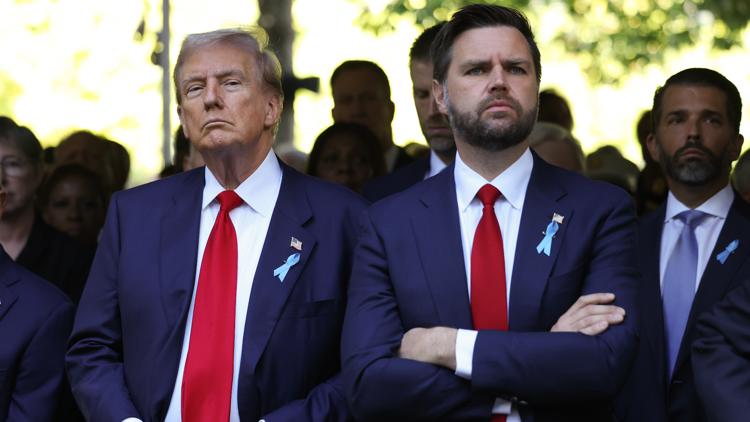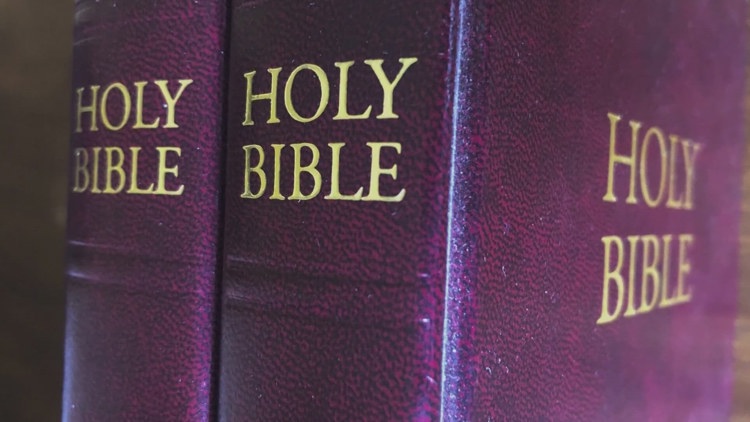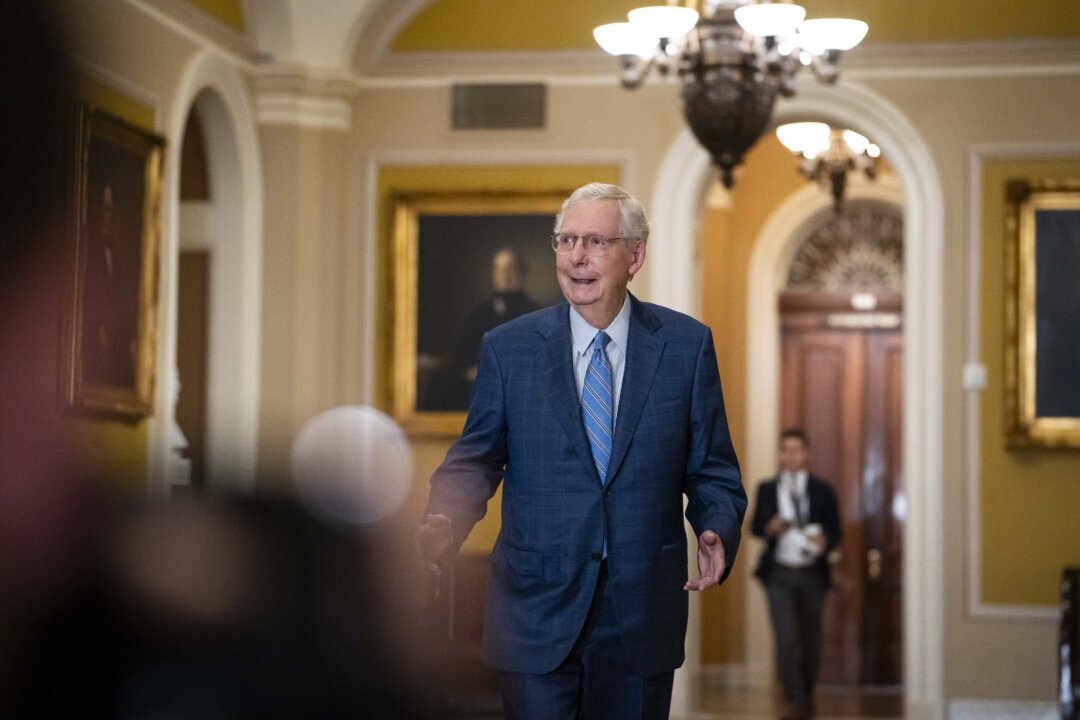
Japan’s former top diplomat in Australia has launched a scathing attack on Prime Minister Anthony Albanese, accusing him of being “weak and meek” in his handling of relations with China. Shingo Yamagami, who served as Japan’s ambassador in Canberra from 2021 to 2023, also welcomed Donald Trump’s US election victory, predicting he would help deter a Chinese invasion of the self-governing island of Taiwan. Yamagami’s comments preceded an expected meeting of Albanese and Chinese President Xi Jinping on the sidelines of the G20 summit in Brazil in coming days, and a meeting between Defence Minister Richard Marles and his Japanese and US counterparts in Darwin on Sunday.
Former Japanese ambassador to Australia Shingo Yamagami has become even more outspoken since leaving Canberra. Credit: Alex Ellinghausen “There’s no question that Anthony Albanese has been weak and meek vis a vis China. This is common knowledge in the international community,” Yamagami told this masthead.
“Otherwise, how could China praise Anthony Albanese?” The state-owned China Daily newspaper urged Western leaders to emulate Albanese in an editorial published on Thursday, praising him for his “strategic autonomy” in balancing relations between Beijing and Washington. “He has done everything not to displease China and has hesitated in calling a spade a spade, which was really good for China,” said Yamagami, who previously served as head of Japan’s spy agency, the Intelligence and Analysis Service. Albanese should have more forcefully condemned China’s increasingly assertive conduct in the South China Sea and East China Sea, he said.
Albanese, who is attending the APEC summit in Peru, defended his handling of the China relationship when asked about the China Daily editorial on Saturday. “We said we would co-operate where we can, we would disagree where we must, and we would engage in our national interests,” he told reporters. “I’ve done that without compromising any of Australia’s national interests.
We have not changed our position on any of the key differences that we have.” Prime Minister Anthony Albanese is expected to meet Xi Jinping on the sidelines of the G20 summit in Brazil. They met (above) in the Great Hall of the People in Beijing last November.
Credit: AAP China has restored normal diplomatic relations with Australia and lifted about $20 billion worth of restrictions on imports of Australian wine, lobster, timber, barley, cotton and coal since Labor came to power in 2022. Albanese, who has pushed ahead with the AUKUS pact despite protestations from Beijing, has previously said he was “very concerned and Australia is concerned about any unsafe and destabilising behaviour in the South China Sea”. Yamagami believes “Trump is much better than Kamala Harris when it comes to dealing with China”.
“Unlike Albanese, and unlike former Japanese prime minister [Fumio] Kishida, Trump is eager to project the image of being strong-willed, tenacious and formidable,” he said. “I think that will be good for all of us, because what is dangerous at this moment is for China to overestimate their prowess and become reckless and adventurous.” Yamagami, who attracted attention in Canberra for his hawkish commentary on China , left his posting earlier than expected last year and subsequently departed Japan’s Ministry of Foreign Affairs.
Foreign Minister Penny Wong was not a fan of his diplomatic style, and his close friendships with Coalition figures such as Scott Morrison and Tony Abbott raised eyebrows in Labor circles. Now a senior fellow at the Sasakawa Peace Foundation think tank in Tokyo, Yamagami said: “I can finally speak my mind, and I can write whatever I like, without any shackles of government. It’s liberating.
” Yamagami, who will travel to Australia for a series of speeches this week, said he did not believe Albanese or Ishiba Shigeru, who became Japan’s prime minister last month, will be able to secure “the full trust of Trump” when he returns to the White House. “Unlike Scott Morrison or [the late former Japanese prime minister] Shinzo Abe, that is not possible,” he said. But he said Australia and Japan, as trusted US partners in the Indo-Pacific, could play a crucial role in highlighting the connection between the Taiwan Strait and the war in Ukraine.
“Xi Jinping must be very closely following the situation in Ukraine,” Yamagami said. “If he gets any reason to believe that he can invade Taiwan without any hindrance, any difficulties, that’s where the danger starts.” Yamagami said he did not believe Trump would want to “leave his name in history as a weak president who lost Taiwan”, a view that is far from universally shared.
Trump’s former national security adviser John Bolton has said Taiwan could “be toast” under a second Trump administration because the President-elect has a negative view of the island and is focused on striking a trade deal with Beijing. Asked by Bloomberg in July whether he would defend Taiwan against China, Trump accused the island of taking semiconductor manufacturing away from the US and said: “Taiwan doesn’t give us anything.” However, Trump has chosen several China hawks and supporters of Taiwan, including Secretary of State nominee Marco Rubio, to serve in his cabinet.
Cut through the noise of federal politics with news, views and expert analysis from Jacqueline Maley. Subscribers can sign up to our weekly Inside Politics newsletter here..














